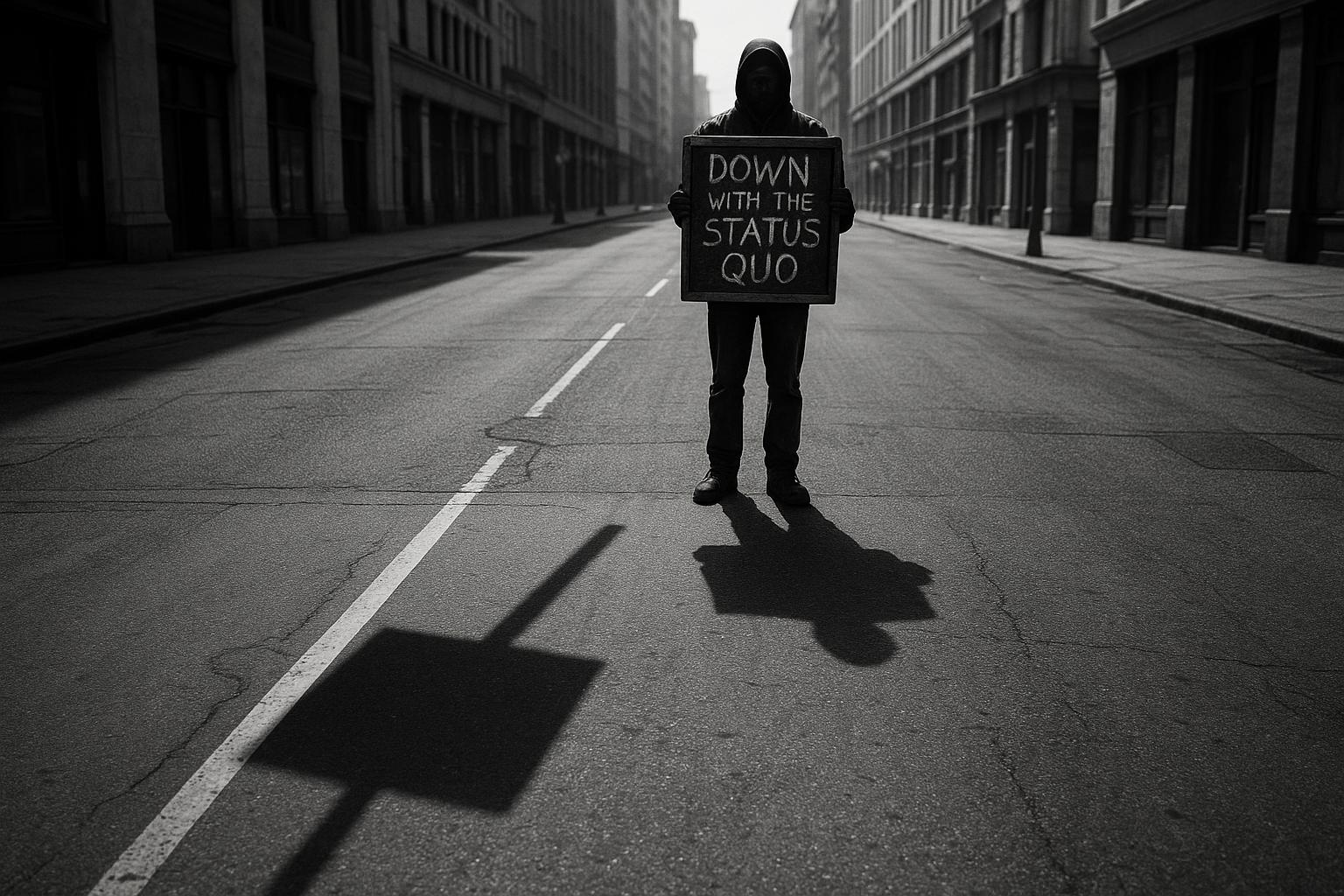Nigel Farage, leader of Reform UK, has forecast a wave of teachers' strikes following a potential electoral victory for his party, a prediction intertwined with his fierce critique of what he terms Britain's 'Marxist' education system. During a recent appearance at Hillsdale College in Michigan, Farage charged that UK schools are ‘poisoning our kids’ by fostering a culture that inculcates shame about the country, dividing children along racial lines, and encouraging identity-based victimhood. He specifically accused educators of teaching black children to see themselves as victims and white children as oppressors, a stark denunciation of what he perceives as a negative and divisive educational narrative.
Farage described this ideological infiltration of schools as a circumstance unprecedented in British political history, suggesting it was a challenge that neither Winston Churchill nor Margaret Thatcher faced. He warned that reversing this ‘massive job’ of ideological reform in education would require years, but he expressed hope in what he called a ‘counter-culture revolution’ led by Generation Z, which he views as more amenable to conservative values than millennials. Farage advocates for an educational approach focused on critical thinking, presenting multiple viewpoints and encouraging students to make up their own minds rather than presenting certain perspectives as inherently virtuous or evil.
The comments did not go unchallenged. Daniel Kebede, general secretary of the National Education Union (NEU), which represents the largest body of teachers in Britain, dismissed Farage’s claims as ‘nonsense’ and ‘grossly irresponsible’. Kebede countered that the education system is not under Marxist control and emphasised that any future strikes would relate to employment terms and conditions rather than ideological battles. He also criticised Farage’s stance as politically motivated ‘dog-whistle politics’ likening it to the tactics used by Donald Trump, and warned that a Reform UK government would undermine public services including education, describing such an outcome as a ‘disaster for education and children’.
This education policy stance forms part of a broader Reform UK manifesto titled "Our Contract with You," launched in 2024, which outlines the party’s broader political agenda, including significant tax cuts and a freeze on ‘non-essential’ immigration, while rejecting net zero carbon policies described by the party as ‘the greatest act of negligence’. Farage’s confrontational rhetoric towards educational institutions aligns with the party’s broader platform of challenging what it terms ‘progressivism’ infiltrating British society.
Farage's renewed political campaign and his leadership of Reform UK have seen recent electoral success, notably his election as Member of Parliament for Clacton in the 2024 general election. His victory, garnering nearly half of the vote, symbolises a shift within certain UK constituencies towards Reform UK's policies and message. Yet, this success also intensifies the political contest with Prime Minister Keir Starmer’s Labour Party. Starmer, seeking to counter Farage’s influence, has publicly condemned divisive politics and promoted a vision of ‘patriotic renewal’ centred on unity and inclusivity, particularly in light of economic challenges facing the UK.
The political debate between Starmer and Farage extends beyond culture and education into the economic realm. Starmer has criticised Farage’s fiscal proposals as unrealistic and potentially disastrous for the UK economy, drawing parallels to past failed strategies. This ongoing ideological and political clash reflects deep divisions in British politics as the country approaches future electoral battles.
Ultimately, Farage’s accusations against the British education system and his prediction of imminent teachers’ strikes highlight a contentious front in the culture wars dominating UK political discourse. Whether Reform UK can translate its electoral foothold into substantive policy change remains to be seen, but Farage’s statements have clearly ignited debate about the direction of education, societal values, and national identity in Britain today.
📌 Reference Map:
- Paragraph 1 – [1]
- Paragraph 2 – [1]
- Paragraph 3 – [1]
- Paragraph 4 – [1], [5], [4]
- Paragraph 5 – [6], [7]
- Paragraph 6 – [2]
- Paragraph 7 – [3]
- Paragraph 8 – [1]
Source: Noah Wire Services
